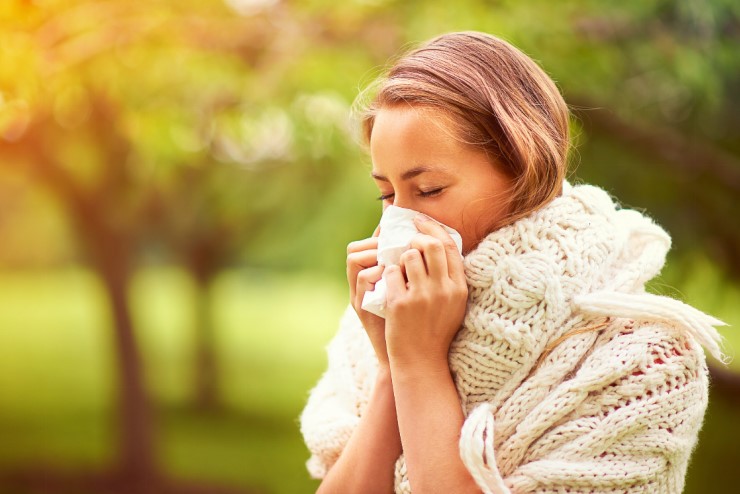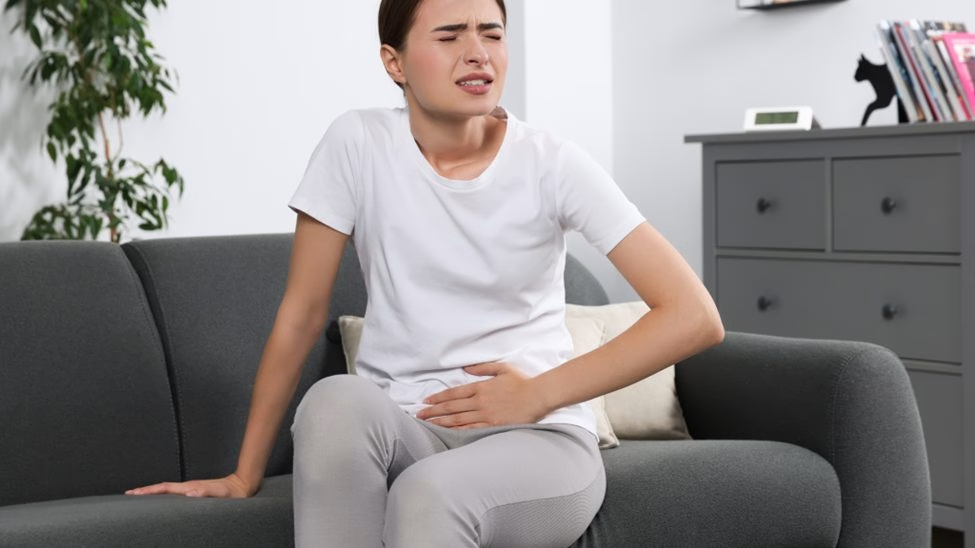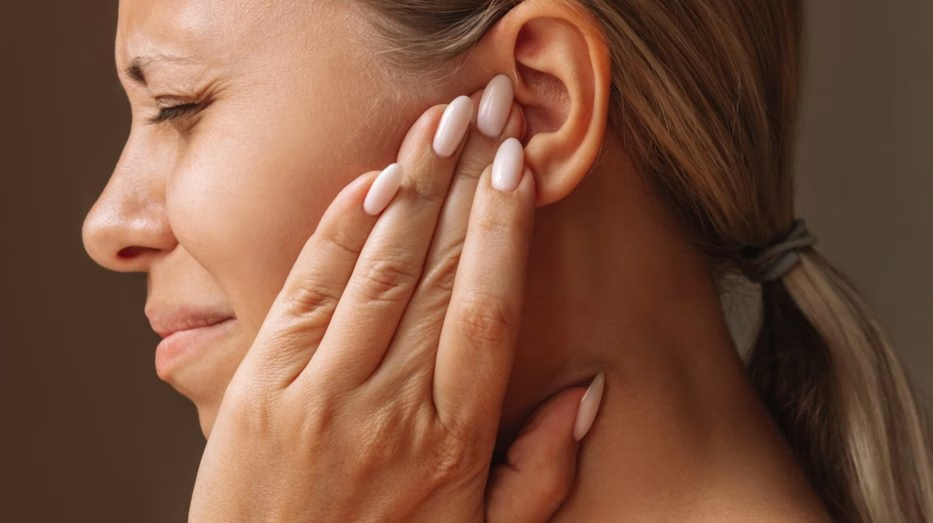
As the fall season arrives in Houston, many people experience an uptick in allergy symptoms due to the region’s unique climates and common allergens such as ragweed, dust mites, and pollen. This blog will guide you through the specific allergens that are prevalent during fall, recognizing the symptoms they cause, and offering practical tips to manage and reduce the impact of seasonal allergies. Whether you're experiencing sneezing, a runny nose, or fatigue, learn how to enjoy the cooler weather while keeping your allergies in check.
Understanding Seasonal Fall Allergies in Houston
Seasonal fall allergies in Houston can be intense due to the city’s warm and humid climate, which fosters the growth of various allergens. Unlike other regions where cooler temperatures reduce the presence of allergens, Houston's mild fall weather allows allergens to thrive. The result is a spike in allergy cases during the fall months, making it essential to understand what triggers these allergies and how they affect residents.
Common Fall Allergens in Houston
Several allergens contribute to the increase in seasonal allergies during the fall in Houston. Understanding these allergens can help you take steps to reduce exposure and manage symptoms effectively.
- Ragweed: Ragweed is one of the most common fall allergens in Houston. It releases pollen from late summer until the first frost, causing symptoms for those sensitive to it. A single ragweed plant can produce billions of pollen grains, which can travel for miles, making it difficult to avoid.
- Mold: Houston’s humid environment is ideal for mold growth, particularly in piles of damp leaves and outdoor spaces. Mold spores become airborne and can cause significant allergic reactions, especially after rain or in areas with poor ventilation.
- Dust Mites: Dust mites thrive in humid conditions, making Houston’s climate perfect for them. As people spend more time indoors during the cooler months, they may come into contact with more dust mites, exacerbating allergy symptoms.
- Pollen: Various trees, grasses, and weeds release pollen during the fall. While pollen is often associated with spring, certain plants continue to produce pollen well into the fall, contributing to seasonal allergies in Houston.
Recognizing Fall Allergy Symptoms
Identifying the signs of fall allergies is the first step in managing them. While symptoms can vary from person to person, some common fall allergy symptoms include:
- Runny or Stuffy Nose: A persistent runny or congested nose is a hallmark of seasonal allergies, often triggered by exposure to allergens like pollen or mold.
- Sneezing: Frequent sneezing, particularly when exposed to outdoor allergens or dust, is another common sign of fall allergies.
- Itchy or Watery Eyes: Allergens can irritate the eyes, leading to redness, itching, and excessive tearing.
- Coughing: An allergic reaction can cause irritation in the throat, resulting in a persistent cough that worsens with exposure to allergens.
- Wheezing or Shortness of Breath: For those with asthma or severe allergies, exposure to fall allergens can lead to wheezing or difficulty breathing, requiring prompt medical attention.
- Fatigue: The body’s response to allergens can leave you feeling tired and sluggish, making it harder to enjoy daily activities.
5 Tips for Dealing with Seasonal Allergies
Managing seasonal fall allergies in Houston requires a proactive approach. Here are some effective strategies to help you manage your allergies:
- Stay Indoors During Peak Pollen Times: Pollen counts are usually highest in the early morning and on windy days. Try to stay indoors during these times to reduce exposure to allergens.
- Use a HEPA Filter: A High-Efficiency Particulate Air (HEPA) filter can help remove allergens from the air inside your home. Consider using one in your bedroom or living area to reduce indoor allergens.
- Keep Your Home Clean: Regular cleaning, including vacuuming with a HEPA filter and dusting with a damp cloth, can help reduce dust mites and other indoor allergens.
- Reduce Mold Exposure: Keep indoor humidity levels low and address any leaks or water damage promptly to prevent mold growth. Use a dehumidifier in damp areas like basements and bathrooms.
- Avoid Outdoor Triggers: Wear a mask when raking leaves or mowing the lawn, and shower immediately after spending time outdoors to remove any allergens from your skin and hair.
When to See a Doctor?
If your symptoms persist despite taking precautions, it may be time to see a doctor. Persistent or severe symptoms like wheezing, difficulty breathing, or fatigue that interfere with your daily life may indicate the need for professional medical advice. A healthcare provider can offer additional treatment options, such as allergy medications or immunotherapy, to help manage your seasonal allergies in Houston.
Fall in Houston brings a variety of allergens that can make this season challenging for allergy sufferers. By understanding common fall allergies, recognizing the signs of fall allergies, and following tips for dealing with seasonal allergies, you can enjoy the cooler weather while keeping your symptoms under control. If your symptoms become unmanageable, don’t hesitate to visit AFC Urgent Care at our Greenhouse Rd location in Houston, TX. Our dedicated medical team is here to provide you with the care you need to manage your allergies effectively and ensure you stay healthy this fall season.


